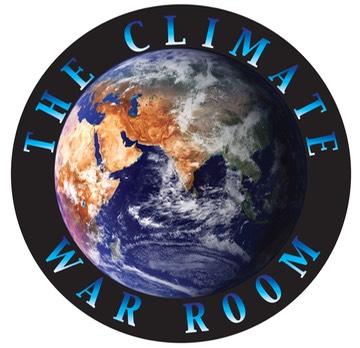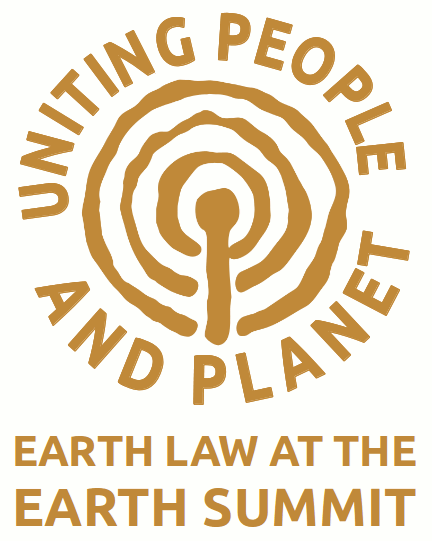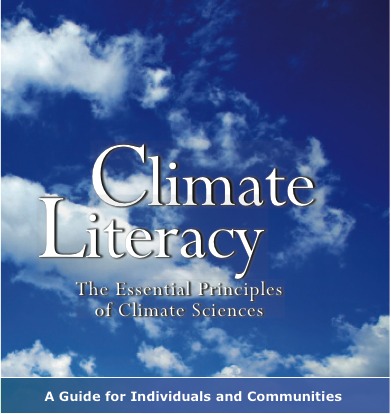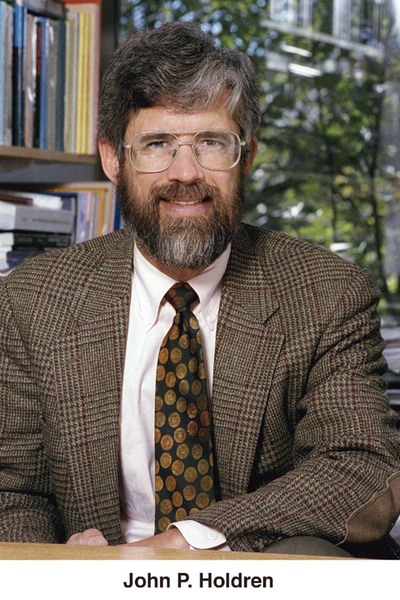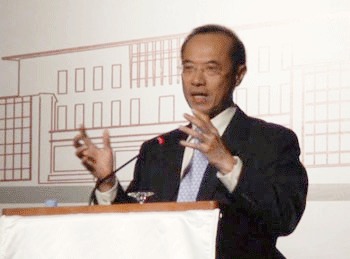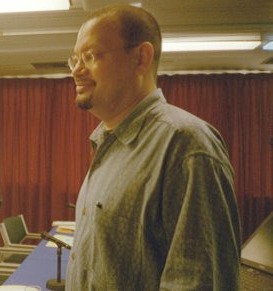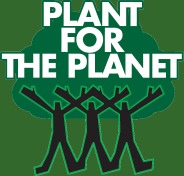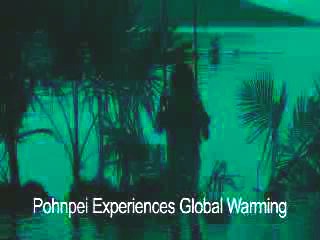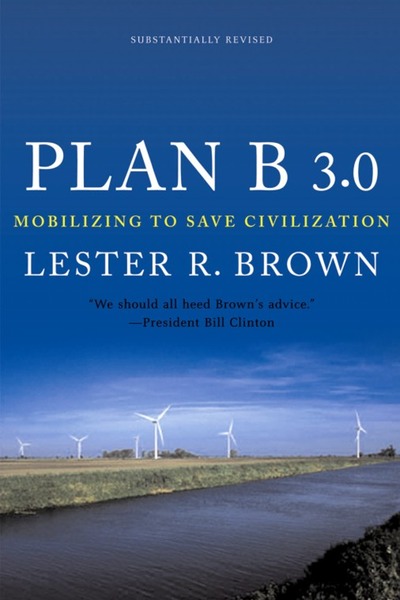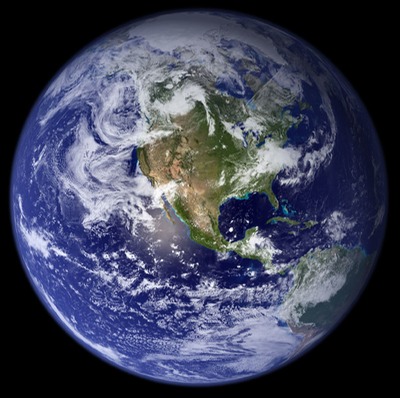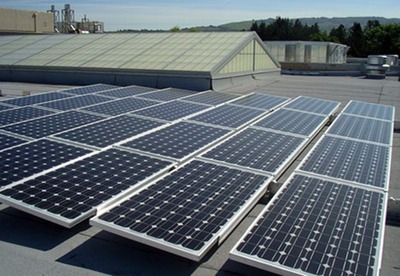PERMACULTURE & PEAK OIL: Beyond 'Sustainability
________________________________
Presentation by Dr Rolph Payet
Chairman of the Sea Level Rise Foundation www.sealevel-rise.org
Presented at the UN General Assembly at the invitation of the Secretary General, Mr Ban ki Moon.
High Level Event on the Millennium Development Goals
Round Table 3: Environmental Sustainability
Distinguished Co-chairs, Madam President of the Republic of Finland, Mr President of the Republic of Tajikistan
Excellencies, Ladies and Gentlemen
Incentives……..
We all need incentives. I remember when I was a child and I enjoyed climbing trees in my home country, the Seychelles. Up those trees were fruits which tasted like nothing else on earth. Some were sweet and some were outright sour, but at the end of the day all these fruits were worth going for, all that was needed was the incentive to climb up there and grab it.
Indeed our world runs on incentives – all too often on:
Incentives that promote accumulation of wealth, rather than sharing of wealth;
Incentives that benefits one group at the cost of another;
Incentives that marginalize access.
Incentives are not leaps into the unknown but a motivation to reach a goal, noble goals such as the millennium development goals. Download PDF
By Stephen Leahy
Will today's markets be able to cope with future food demands?
JOHANNESBURG, Apr 15 (IPS) - The results of a painstaking examination of global agriculture are being formally presented Tuesday with the release of the final report for the International Assessment of Agricultural Science and Technology for Development (IAASTD).
The assessment has explored how agriculture can be reinvented to feed the world's expanding population sustainably in an era of multiple challenges -- not least those presented by climate change and a growing food crisis that has led to outbreaks of violence in a number of developing countries.
The expertise of some 400 scientists and other specialists was tapped for the IAASTD; governments of wealthy and developing nations also contributed to the assessment, along with civil society and the private sector.
By Bill Mollison
INTRODUCTION
What I hope to show is the immense value of trees to the biosphere. We must deplore the rapacity of those who, for an ephemeral profit in dollars, would cut trees for newsprint, packaging, and other temporary uses. When we cut forest, we must pay for the end cost in drought, water loss, nutrient loss, and salted soils. Such costs are not charged by uncaring or corrupted governments, and deforestation has therefore impoverished whole nations. The process continues, with acid rain as a more modern problem, not charged against the cost of electricity or motor vehicles, but with the inevitable account building up that no nation can pay, in the end, for rehabilitation. The "capitalist", "communist", and "developing" worlds will all be equally brought down by forest loss. Those barren political or religious ideologies which fail to care for forests carry their own destruction as lethal seeds within their fabric. We should not be deceived by the propaganda that promises: "for every tree cut down, a tree is planted". The exchange of a 50-gram seedling for a forest giant of 50°©1200 tonnes is like the offer of a mouse for an elephant.
Sustainability: A Paradigm Shift
by Chuck Hall
With issues like global warming, overpopulation, pollution and depletion of our natural resources looming on the horizon, it is clear that we cannot continue with a 'business as usual' approach to life on this planet without major future consequences. The economist Adam Smith in his work Wealth of Nations suggested that in a free-market economy, change occurs because the people in that market have a vested interest in making that change. In layman’s terms, when faced with an economic decision, people generally ask, “What’s in it for me?”
Unfortunately a lot of the time we tend to focus on our present short-term goals rather than on further-reaching future goals. When it comes to taking care of our home, planet Earth, there doesn’t seem to be any immediate advantage to living in a more sustainable and environmentally-friendly way. We’re creatures of habit, and it’s hard to change if we don’t see any immediate advantage in doing so.
The problem is that an increasing body of evidence indicates that we’re having a significant negative impact on the ecosphere. If we don’t focus on the long-term damage we’re doing to the Earth now, it may be too late tomorrow. While environmental awareness is on the rise, there are still many who think that sustainability isn’t an issue they should be concerned about.
I think the main reason for this is that people focus on the short-term expense and inconvenience of moving to a more sustainable lifestyle instead of seeing the bigger picture. Building greener homes, driving greener cars and using more energy-efficient appliances can require more money to start with, but over time the savings can add up, and a sustainable lifestyle can pay for itself many times over. But before this can happen, we need to recognize and realize the benefits.
What is needed is a paradigm shift. We can evolve to a more sustainable way of living. It means switching to resources that can be replenished or recycled instead of depending on resources that are being rapidly depleted. It means seeing ourselves as a part of the life cycle here on Earth instead of as separate from nature. Our culture will have to grow and adapt to make this happen. We will need a new culture; one that that is sustainable without being uncomfortable, spiritual without being dogmatic and artistic without being exclusive. With these goals in mind, I began The Culture Artist. All culture is a process. I think the best process of creating a culture is to create one consciously and deliberately.
Chuck Hall is a Sustainability Consultant and author. His latest book, Green Circles, is now available. You may contact him by email at: chuck@cultureartist.org or visit the Culture Artist Web site at www.cultureartist.org.
